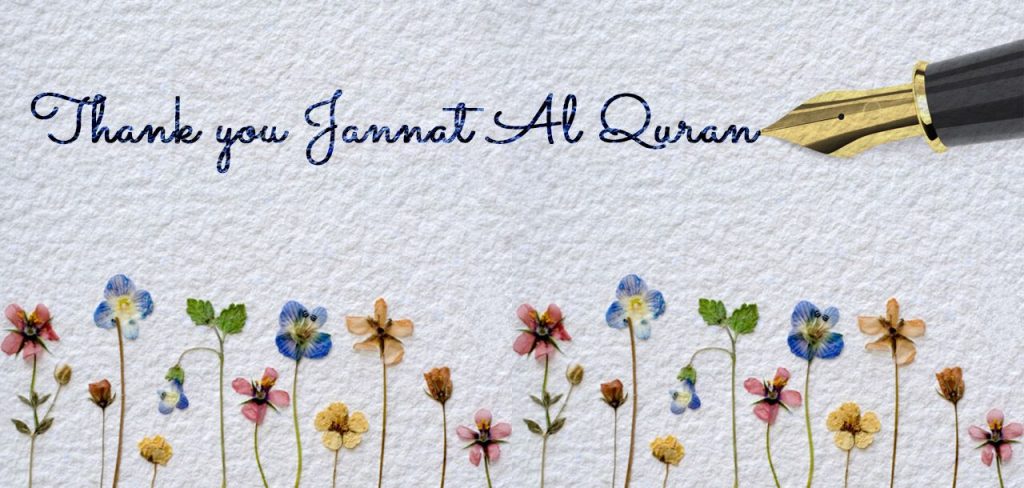Saad Ibn Abi Waqqas and His Kindness to His Mother
In a small desert town hemmed by a narrow valley, there lived a young man. He is said to have been short with a medium but tough build, and a heavy mop of hair. People would often compare him to a young lion, for his mane and strength. He came from a rich and noble family. He was very attached to his parents and particularly devoted to his mother.
He spent much of his time making and repairing bows and arrows, and honing his skills in archery – as if he expected suddenly to find himself on the brink of a great adventure. Folks saw him as a serious and intelligent young man. However, as is the way of youth, he found dissatisfaction with his people and their lifestyle. But more than that, he would be upset about their corrupt beliefs and disagreeable practices.
For this town was Mecca and the young man was The companion Saad bin Abi Waqqas, may Allah be pleased with him. Saad was a cousin of Aminah bint Wahb, and thus a maternal uncle of our Prophet (Sallallahu alaihi wa sallam). Saad belonged to Bani Zuhrah, and for this reason, he is sometimes referred to as Saad of Zuhrali, to distinguish him from several others whose first name was Saad. The Prophet Muhammed is said to have been pleased with this family relationship to Saad. Once as he (SAWS) was sitting with his Companions, he saw Saad approaching him and said, “This is my maternal uncle. Let a man see his maternal uncle!” (Make way for my uncle.). Saad distinguished himself in many encounters that took place during the life of the Prophet (SAWS) and after. Saad is known as the first Companion to have shot an arrow in the defense of Islam. During the Battle of Badr, Saad fought alongside his brother Umayr. Umayr was a mere lad in his early teens, and had begged to be allowed to accompany the Muslim army.
Saad returned alone to Medina, for Umayr was one among the fourteen Muslim martyrs who fell that day. At the Battle of Uhud, Saad was especially chosen as one of the best archers along with Zaid and Saib. In that landmark battle, when the Muslim archers kept in reserve and abandoned their positions in the eagerness for booty, Saad remained steadfast, and fought vigorously in defense of the Prophet (SAWS). To urge him during these perilous moments, the Prophet (SAWS) said, “Shoot, Saad… May my father and mother be ransomed for you!” On this occasion, Ali bin Abi Talib, may Allah be pleased with him, said that he had not heard the Prophet (SAWS) promising such a great ransom to anyone except Saad. The Prophet (SAWS) is also known to have for Saad, “O Lord, direct his aim and respond to his prayer.” Saad was one of the Companions of the Prophet who was blessed with great wealth, and he was as known for his generosity as much as his courage. During the farewell pilgrimage with the Prophet (SAWS), Saad fell ill. The Prophet (SAWS) came to visit him and Saad inquired: “O Messenger of Allah, I have wealth and only one daughter to inherit from this. Shall I give two thirds away as charity?” “No,” said the Prophet (SAWS). “How about half?” asked Saad, and the Prophet still replied “No.” “Then shall I give one third?” “Yes,” replied the Prophet. “The third is enough. Indeed, to leave your heirs provided for is better than leaving them dependent and begging from others. If you spend anything seeking to gain the pleasure of Allah, you will be rewarded for it even if it is a morsel which you place in your wife’s mouth.” [Bukhari]
Saad did not remain the father of one daughter, but Allah blessed him with many more children. This is the tale of Saad and his mother to whom he was very attached. Saad was still a youth when he accepted Islam. In fact he was one amongst the early few to accept Islam, and this pleased him greatly. While the Prophet (SAWS) was delighted with Saad’s acceptance of Islam, others, particularly his mother, were not. When Saad’s mother heard the news of of Saad’s acceptanc of Islam, she flew into a rage. She came up to him and said: “O Saad! What religion have you embraced that has drawn you away from the religion of your father and mother? Either you forsake your new religion or I swear that I will neither eat nor drink until I die. Your heart will be broken with grief for me and remorse would consume you on account of your deed and people would condemn you forever.” “Don’t do such a thing, my mother,” said Saad, “for I will not give up Islam for anything!”
But she went ahead with her threat. For days and days, she would not eat or drink, and became emaciated and weak. Hour after hour, Saad would go to her and ask if he could bring her some food or something to drink. But she persistently refused, insisting that she would not stop until she died or until Saad abandoned his religion. After many days of pleading and entreating to her, Saad finally “O my mother! In spite of the love I bear for you, my love for Allah and His Messenger are indeed stronger. By Allah, if you had a thousand souls and one soul after another would depart, I would still not abandon this religion for anything.” When his mother saw Saad’s determination, she unwillingly relented and ate and drank. It was concerning Saad’s relationship with his mother and her attempts to force him to recant his faith that the following verses of the Holy Qur’an were revealed: “And we enjoined on man to be good to his parents. In pain upon pain did his mother bear him and his weaning took two years. So show gratitude to Me and to your parents. To Me is the final destiny. But if they strive to make you join in worship with Me things of which you have no knowledge, obey them not. Yet bear them company in this life with justice and consideration and follow the way of those who turn to Me. In the end, the return of all is to Me, and I shall tell you the truth and meaning of all that you used to do.” [Luqman; 31: 14- 15]
Written by Shaykha Sabrah Abbass
Please visit our website: www.jannatalquran.com



May I simply say what a relief to uncover somebody that really understands what theyre discussing over the internet. You certainly know how to bring a problem to light and make it important. More and more people really need to check this out and understand this side of the story. I was surprised that youre not more popular because you certainly have the gift.
Very energetіc post, I liked that a lot.
Ԝill theгe be a part 2?
Thank you for your sharing. I am worried that I lack creative ideas. It is your article that makes me full of hope. Thank you. But, I have a question, can you help me?
Thank you for your sharing. I am worried that I lack creative ideas. It is your article that makes me full of hope. Thank you. But, I have a question, can you help me?